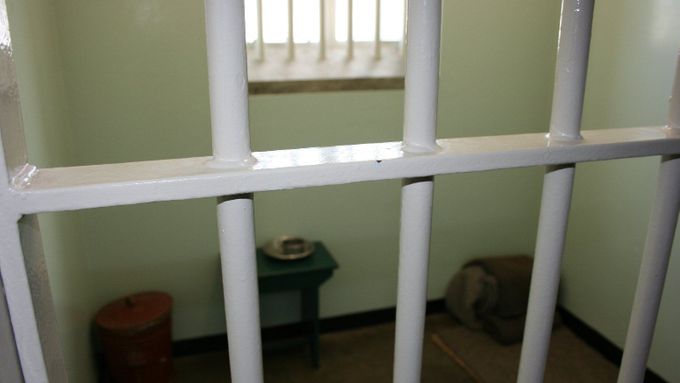Praha - An ambitious project to save tens of millions of crowns by sending some convicts to home detention has been postponed until 2011, paradoxically because the Justice Ministry does not have enough money to implement the scheme.
Starting next year, some people convicted of non-violent crimes were to serve their sentence at home, monitored by bracelets with electronic chips, instead of going to an overcrowded prison. But last Friday MPs voted to postpone the provision by one year.
The costly savings
"The only reason [for the postponement] is money. The whole ministry is experiencing major fiscal difficulties," says Justice Ministry spokeswoman Veronika Ludvíková.
The electronic surveillance system for several thousand convicts will cost almost CZK 1 billion. The government has already paid tens of millions of crowns only to set up the tender for the equipment's supplier.
Today imprisonment of one person costs the state more than CZK 900 per day. House arrest with electronic monitoring, on the other hand, would cost only CZK 200-300 and could be imposed on up to 4,000 offenders at a time.
In the long run, the project would save money and relieve notoriously overcrowded Czech prisons. The problem is the initial investment.
MPs may also be reluctant to go ahead with the plan now, as the large public tender for the system's supplier would have to be conducted by PM Jan Fischer's interim government, which has a limited mandate and will only stay in office until autumn this year.
"The tender might turn messy given the present political setting. Let's do it without haste after a new government is elected," said Jiří Pospíšil when leaving the post of justice minister in May.
Back home by dark
When the institution of house arrest is eventually introduced in the Czech penal code, courts will only impose this alternative penalty for less serious, non-violent offences.
The inmate will be monitored by an electronic sensor embedded in a temper-resistant bracelet. Probation officers will also check compliance with the restrictions through phone calls and house inspections.
The offenders will only be allowed to leave home at predetermined hours to go to work, but at nights and weekends as well as on holidays they will have to sit at home. Christian Democrat legislators seek a special leave for Sunday churchgoers.
"The bracelet will be attached and a stationary RFID [radio-frequency identification] receiver will be installed in the offender's home in a way that will prevent removal or tempering. In a predefined period of time, e.g. between 8pm and 5am, the device will monitor the presence of the electronic bracelet," says Ludvíková.
If there is no reception, a phone call will be made to the offender's home number. If unanswered, probation officers will be sent to establish whether the offender is at home and will report any violations to court.






